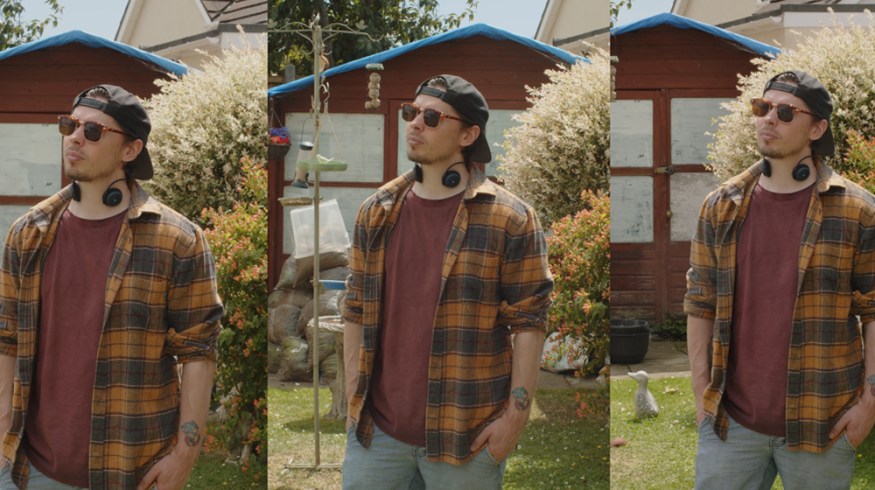
Can We Match a 2019 Cinema Camera to a 2012 Nikon DSLR?
You might think color matching two cameras with a 7-year age difference would be a pretty tough job – but with Resolve’s color space transform tool, it’s a pretty simple process.
Shooting in a small team or as a one-man band might mean you don’t have the budget to rent many higher-end cameras for multi-camera shoots. You might have personally saved for and bought your primary camera—nowadays you can pick up a Blackmagic Pocket 6K for around $2000—but it might be a little harder to afford 4 or 5 of these in one go.
So it may be a case of using your older cameras when you need more than one angle for a wedding, interview, or live music shoot. But an issue occurs when you need all of these angles to cut together and match up as closely as possible.
Color Matching Secrets
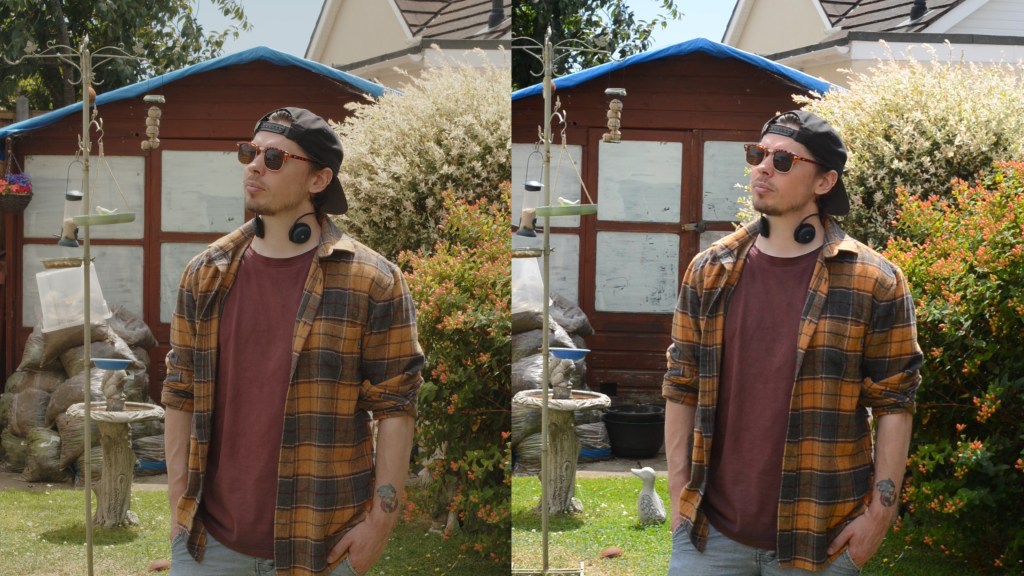
Camera technology changes fast, and with that comes different, better sensors, higher resolutions, more flexible compression, and other ways of interpreting and rendering color.
So trying, for example, to match two cameras with a 7-year gap between them may seem like a bad idea. It certainly wouldn’t be easy to try and match a Nikon D800 and a Blackmagic Pocket Cinema Camera 6K straight off the bat, with no tools to help the process.
This is why Davinci Resolve features a handy Color Space Transform tool in its Open FX menu to make this process as painless as possible.
We look at matching the color between the four cameras in the video.
Using Color Space Transform
After applying a light color grade to a clip shot by a BMPCC6K, we implemented the Color Space Transform on each of the other three cameras, selecting the color space and color gamma of each camera and telling Resolve to interpret these as the color space and color gamma of the Blackmagic.

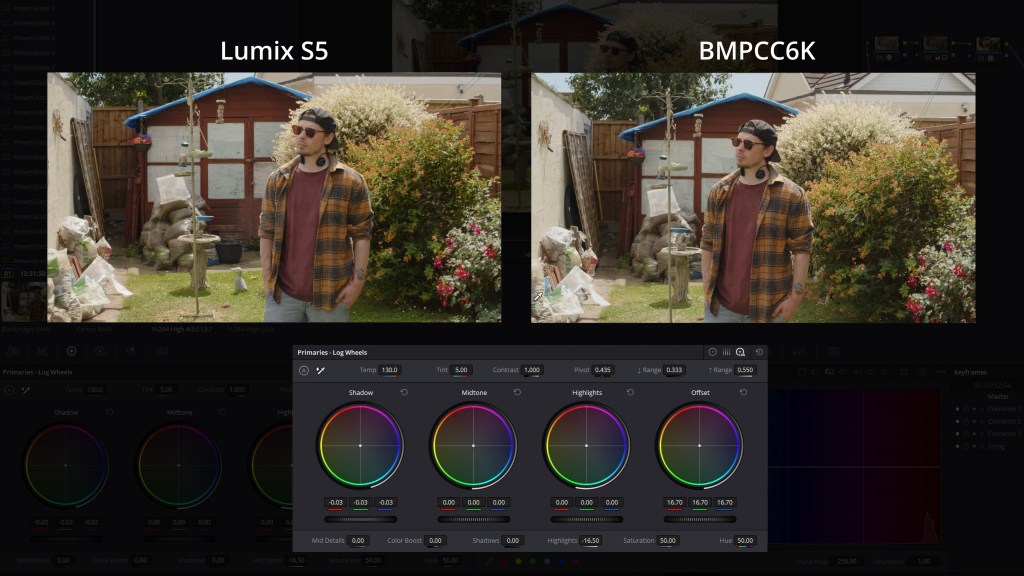
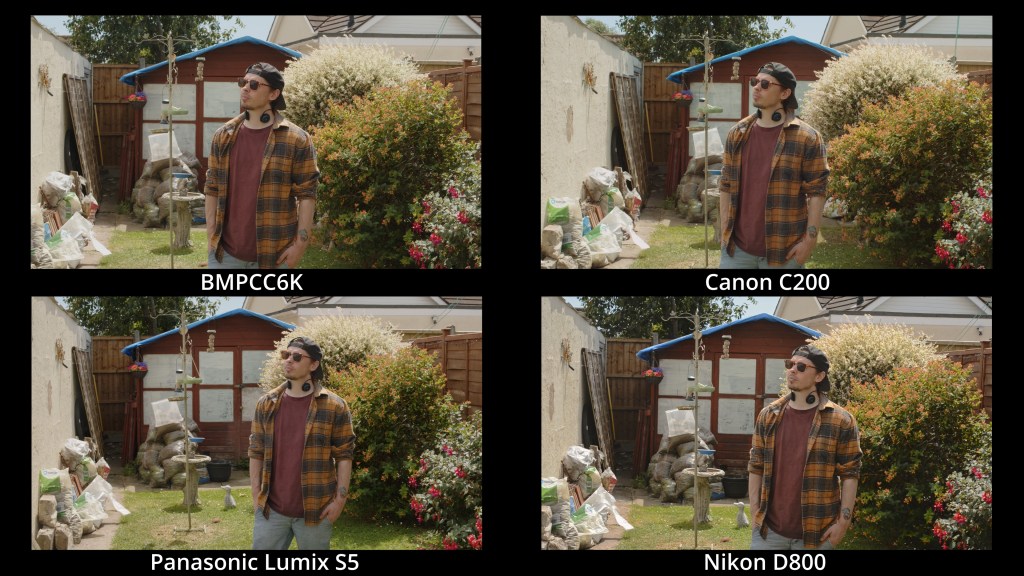
This means we can apply the same correction we used on the Pocket 6K to the other cameras. So, after some tweaks, we have four cameras of four different ages and color spaces utilizing the same LUT and matching nicely.
But the most exciting match comes from the Nikon D800.
It’s not quite as good of a match to the Pocket 6K compared to the other, more modern cameras—and with good reason. Considering the age and capabilities of the D800, no LOG, 8 bit, h264, we have far fewer data in its image to begin with. This means breaking the idea when it’s pushed too far accidentally is straightforward.
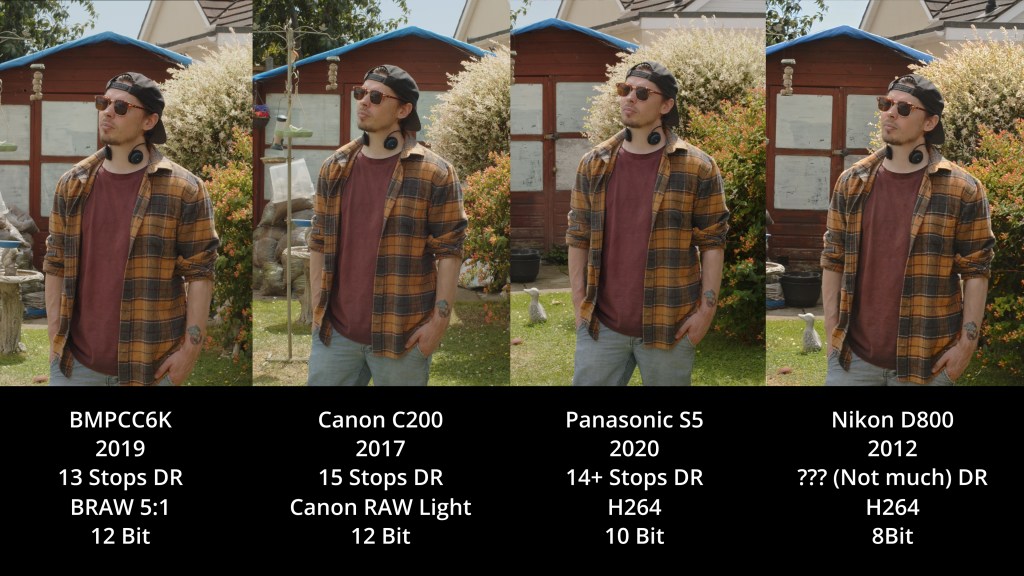
But you can see we’ve still managed an acceptable match to the colors on our Pocket 6K. And while resolution and overall quality between the two cameras can be pretty obvious, imagine shooting a live music gig and realizing you can nail that extra angle you need with an old D800.
In a relatively quick-cut scenario, you may find an older camera like this blending into the edit better than you’d expect.
Budget-Friendly Professional Video
A tool like the Color Space Transform in Davinci Resolve is helpful on all budget levels and has a whole host of functions and possibilities for grading your images.
But especially on a lower budget, where you might have to edit together a bunch of mismatched cameras that produce very different images from one another, it can be the difference between a messy-looking, unmatched video—and a coherent, professional-looking one, even when throwing fewer capable cameras into the mix.
For more on DaVinci Resolve, check out these articles:
DaVinci Resolve 18’s System Requirements
Upgrading My Workflow: Cloud Pod and Cloud Store Mini Review
Davinci Resolve Cloud Editing Workflows: All I Could Hope For
How to Export Videos in DaVinci Resolve – A Simple Breakdown

